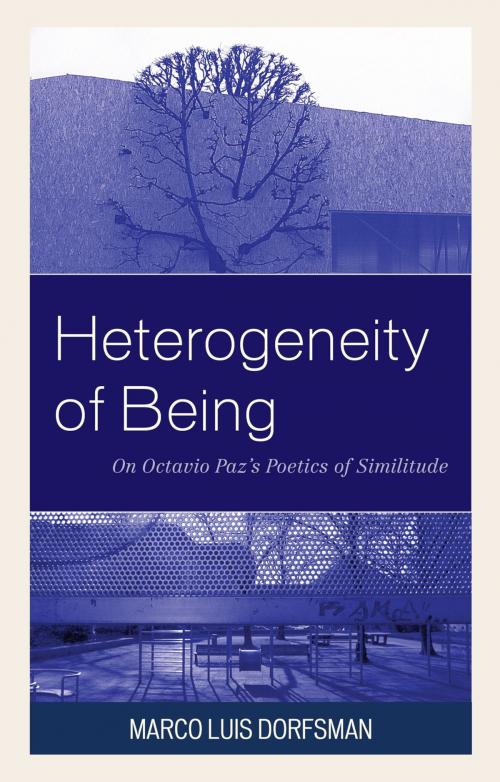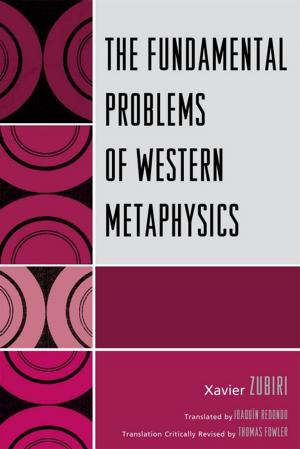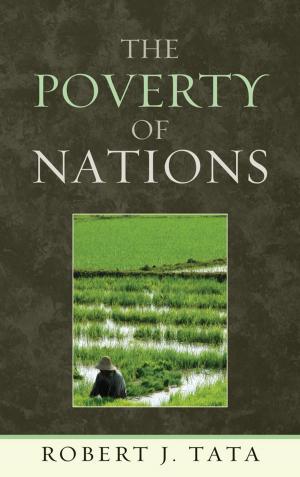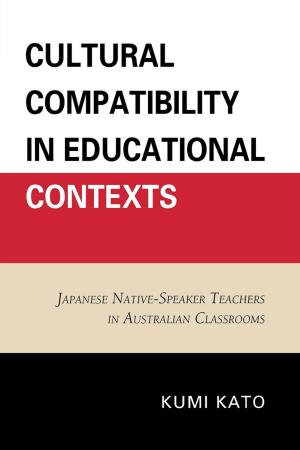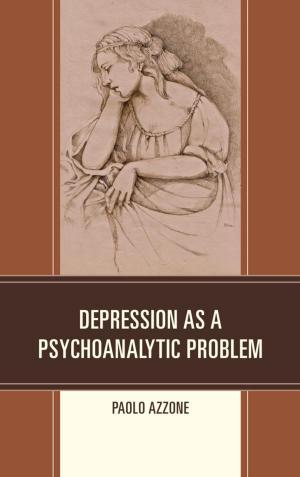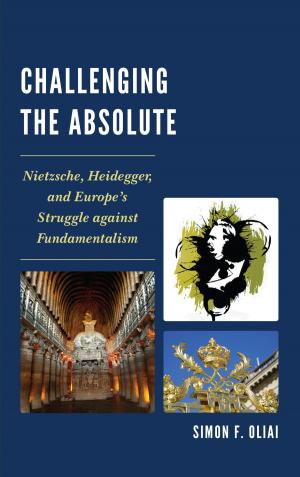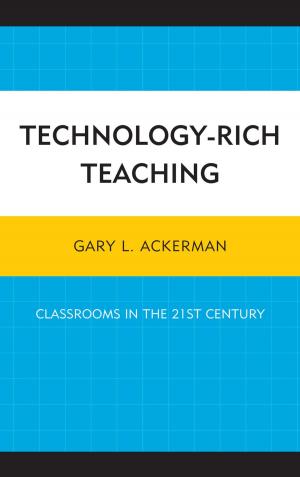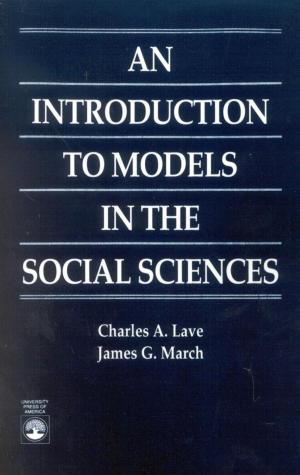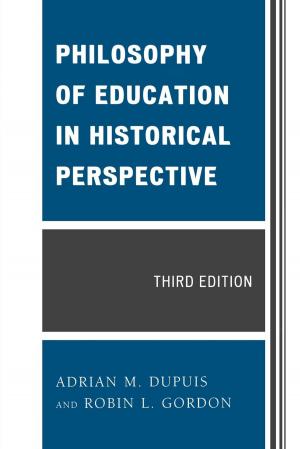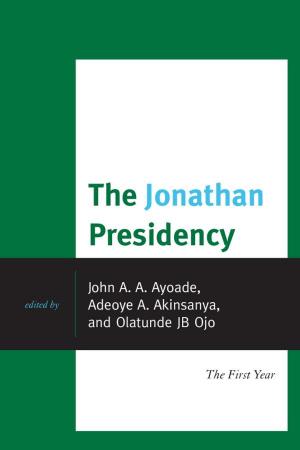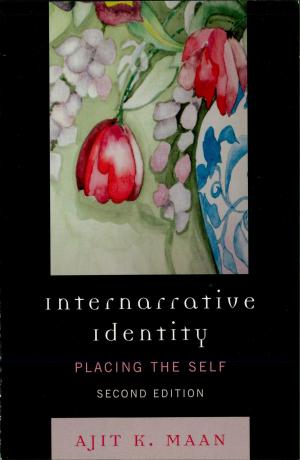Heterogeneity of Being
On Octavio Paz’s Poetics of Similitude
Fiction & Literature, Literary Theory & Criticism, Central & South American, Poetry History & Criticism, Nonfiction, History, Americas, Mexico| Author: | Marco Luis Dorfsman | ISBN: | 9780761865247 |
| Publisher: | UPA | Publication: | January 26, 2015 |
| Imprint: | UPA | Language: | English |
| Author: | Marco Luis Dorfsman |
| ISBN: | 9780761865247 |
| Publisher: | UPA |
| Publication: | January 26, 2015 |
| Imprint: | UPA |
| Language: | English |
One hundred years after his birth, Nobel laureate Octavio Paz is considered one of the most important thinkers of Mexican identity, one of the most influential Mexican poets, and one of the main representatives of a national cosmopolitanism. Most readings of his work, whether critical or laudatory, operate within these parameters. Through a careful analysis of Latin Americanist discourses on identity and difference, Heterogeneity of Being goes beyond the standard interpretations of Octavio Paz as a thinker of national identity and proposes a radical rethinking of the rift and the bond between literature and philosophy. It puts forth the key concept of “dif/herencia”—a difference, a wound, an inheritance, a burden and a dispossession—and reads it through the notion of similitude in order to show that Paz’s “tradition of rupture” properly displays a continuity between self and other, identity and difference, time and space. The work of Octavio Paz yields invaluable insights for the fields of literary theory, cultural studies, history of science, and art history.
One hundred years after his birth, Nobel laureate Octavio Paz is considered one of the most important thinkers of Mexican identity, one of the most influential Mexican poets, and one of the main representatives of a national cosmopolitanism. Most readings of his work, whether critical or laudatory, operate within these parameters. Through a careful analysis of Latin Americanist discourses on identity and difference, Heterogeneity of Being goes beyond the standard interpretations of Octavio Paz as a thinker of national identity and proposes a radical rethinking of the rift and the bond between literature and philosophy. It puts forth the key concept of “dif/herencia”—a difference, a wound, an inheritance, a burden and a dispossession—and reads it through the notion of similitude in order to show that Paz’s “tradition of rupture” properly displays a continuity between self and other, identity and difference, time and space. The work of Octavio Paz yields invaluable insights for the fields of literary theory, cultural studies, history of science, and art history.
